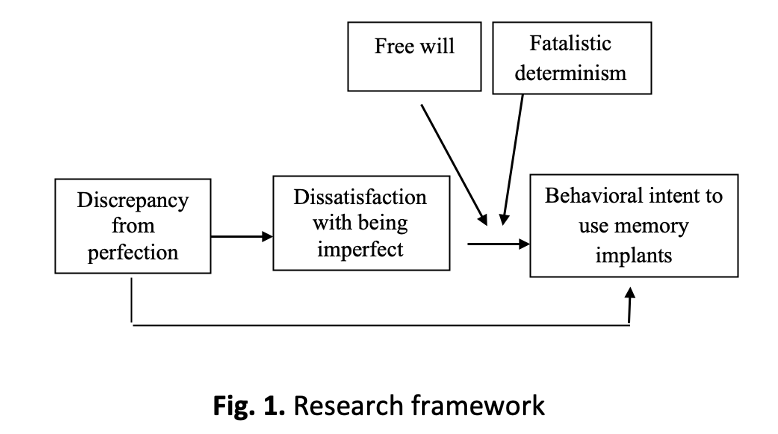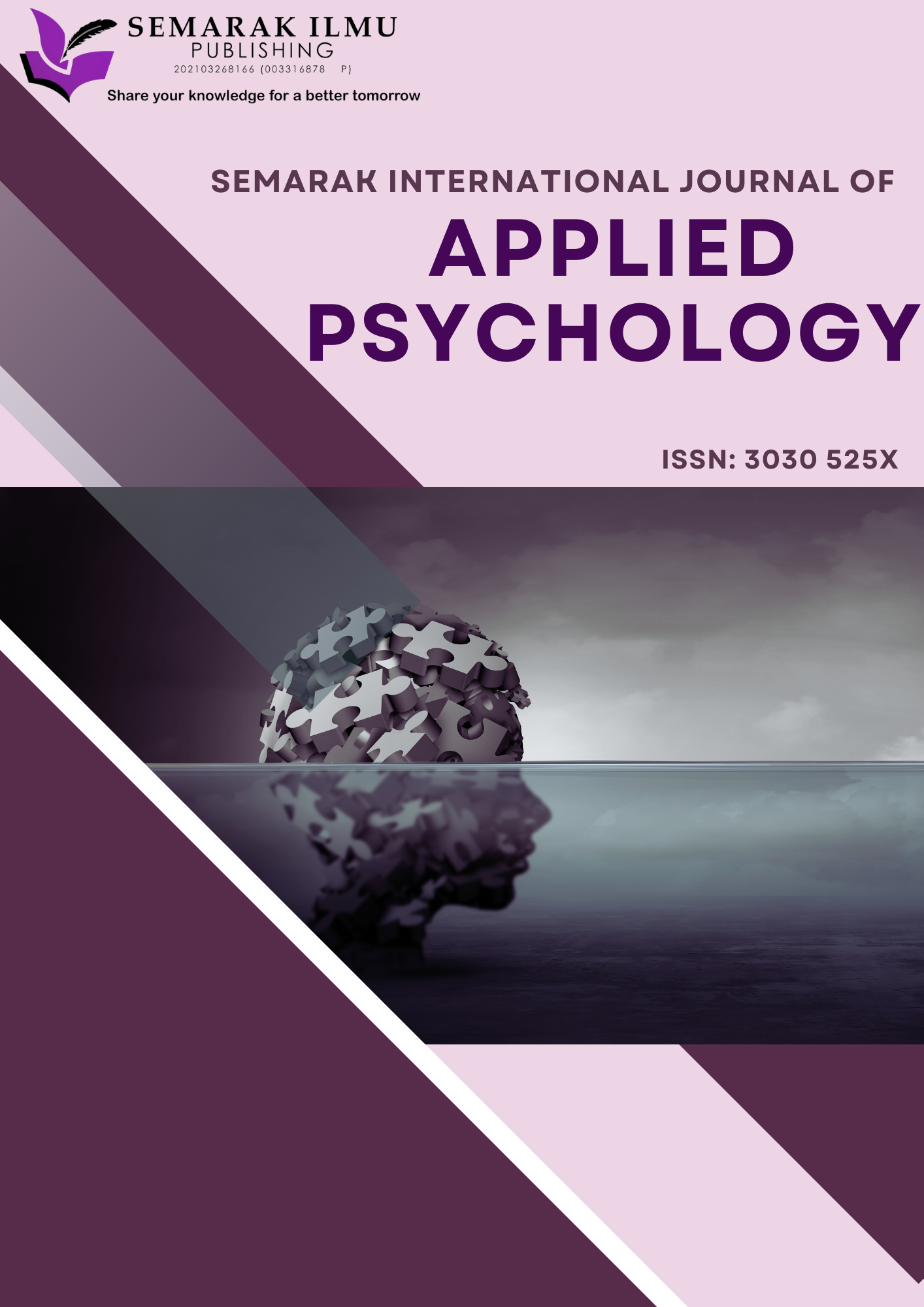A Moderated Mediation Model of the Intention to Use Neural Implants: The Influence of Free Will and Fatalistic Determinism
DOI:
https://doi.org/10.37934/sijap1.1.125Keywords:
Neural implant, discrepancy from perfection, dissatisfaction with being imperfect, free will, fatalistic determinismAbstract
In the ever-growing exploration of using neural implants beyond therapeutic contexts, researchers are turning their focus to the intriguing connection between the pursuit of perfection and the desire to embrace these technologies. Applying self-discrepancy theory, this study integrates the mediating influence of dissatisfaction with imperfection, while introducing free will and fatalistic determinism as enthralling moderators. Engaging 402 digitally native higher education students from Austria, Spain, Netherlands, and Portugal, the results illuminate a positive link between the quest for perfection and the inclination to adopt neural implants, with dissatisfaction with imperfection acting as a pivotal mediator. Moreover, the findings unveil nuances in the mediation effect based on one’s belief in free will and fatalistic determinism, highlighting a more pronounced association for those with a robust belief in free will compared to their counterparts with a diminished belief in fatalistic determinism. These outcomes not only enrich the literature on psychological predictors but also provide insights into the intricate motivations and mechanisms shaping individuals’ readiness to embrace neural implants. The implications extend to those championing the concept of a human-machine hybrid and to those voicing concerns about the trajectory of neural implant technologies.
Downloads














